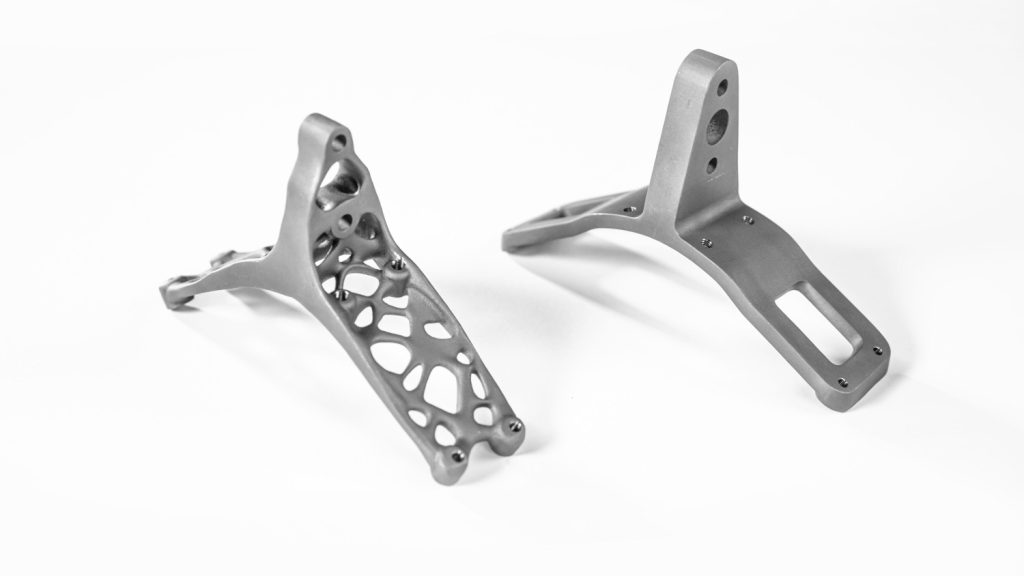Materialise has gained the EN 9100 certification for its metal additive manufacturing processes for aerospace, confirming the quality of its metal parts, and their suitability for the aerospace industry.
This certification marks Materialise as ready to produce metal parts for original equipment manufacturers (OEMs), suppliers and maintenance, repair and overhaul (MROs). According to Erik de Zeeuw, market manager for aerospace at Materialise, low-criticality parts will be a priority.
“Low-criticality parts that need to be light, strong, and durable, such as seat bezels, housings, interior trims, or ducts, are particularly strong candidates,” he said.
Materialise already holds this certification for its polymer additive manufacturing processes, and has produced over half a million polymer parts for aerospace.
The low production volumes in the aerospace industry make 3D printing an ideal way of manufacturing parts, as it is cheaper and has no wasted stock or excess part storage costs as there is no ‘minimum feasible production run.’
It also minimises the risk of supply chain disruptions that can delay manufacturing and ground flights.
The EN 9100 certification, a sector-specific variant of ISO 9001, verifies that an organisation has implemented a quality management system, ensuring product quality, process control, regulatory compliance and continuous improvement.
“The quality and process control system we have in place simplifies the digital thread necessary for qualifying 3D-printed metal parts,” said de Zeeuw.
“And that’s something we are incredibly excited about.”
Materialise holds a number of other aerospace-related certifications, including a Product Organisation Approval from EASA and the highest grade on the Airbus Quality Maturity assessment.






